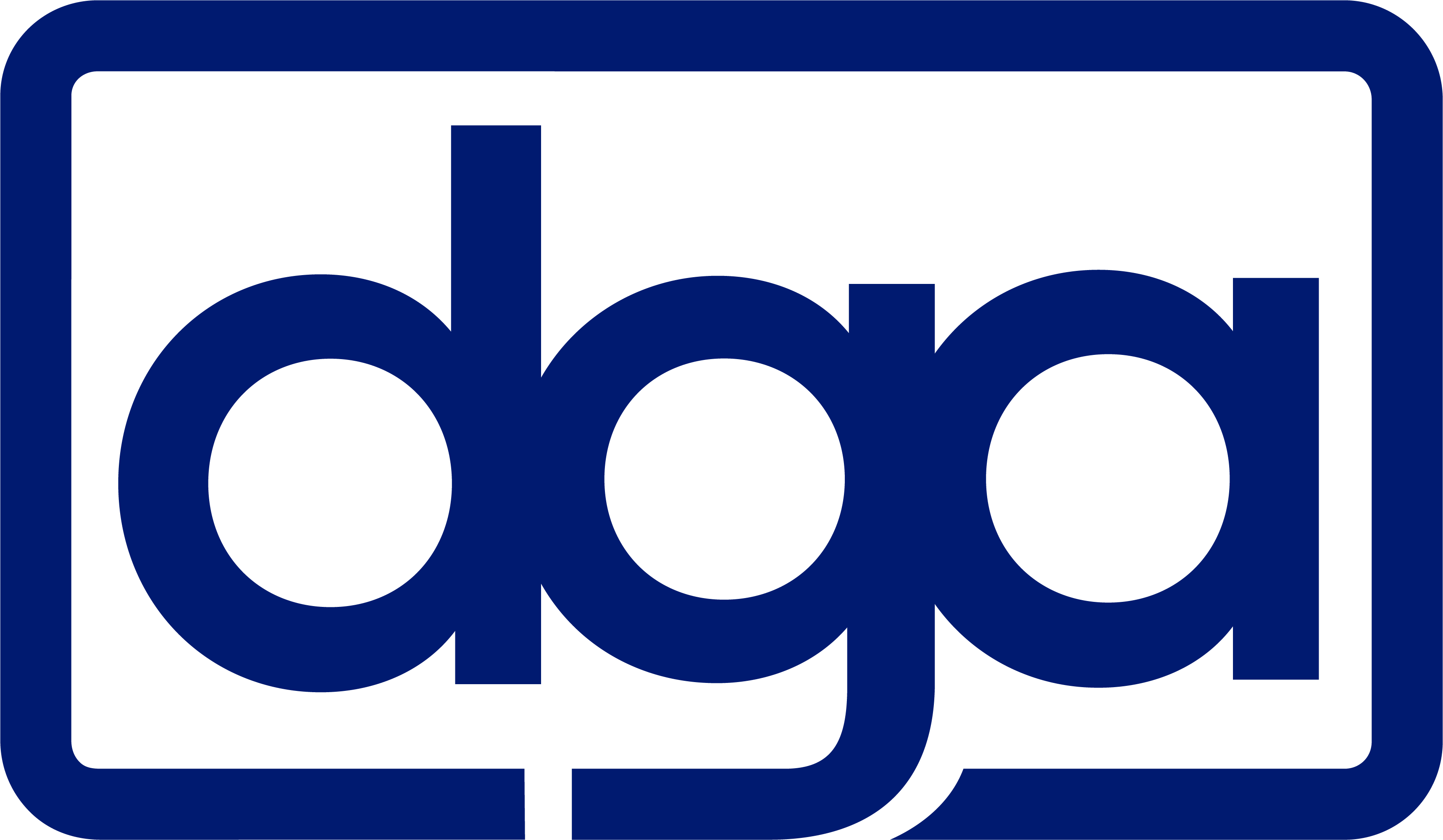Govs On Deck – April 23, 2020
Good Thursday afternoon and welcome to today’s edition of “Govs on Deck.” We’re still here, we’re still reminding you what day of the week it is, and we hope you are all safe and healthy.
Questions or suggestions? Send me a note at amestoy@dga.net. You can find us all on Twitter too – @A_Tall_Turner, @CEAmestoy, @JerusalemDemsas, and @andersonkayjay.
We want this to be helpful, so let me know what other info/what other formats you’d like to see for these updates.
Dem Govs Get It Done:
NOTE: This is an overview of recent actions, not a comprehensive roundup of everything our incredible governors are doing to combat the COVID-19 pandemic. Want more examples? Send me an email and I can help you track down answers.
Regional efforts:
- NEW YORK Gov. Andrew CUOMO announced it will implement a statewide first-in-the-nation contact tracing strategy that will be done in coordination with the downstate region as well as CONNECTICUT Gov. Ned LAMONT and NEW JERSEY Gov. Phil MURPHY. The strategy will serve as an important resource to gather best practices and as a model that can be replicated across the nation.
- VIRGINIA Gov. Ralph NORTHAM, along with Maryland Gov. Larry Hogan and D.C. Mayor Muriel Bowser, sent a letter urging the Trump administration to continue to keep telework policies in place for the federal workforce.
Reopening efforts:
- COLORADO Gov. Jared POLIS provided updates on what the states “safer-at-home” phase will look like, including businesses that will remain closed, limits on in-person gatherings, and guidelines for non-critical workplaces.
- MONTANA Gov. Steve BULLOCK announced a gradual and phased reopening of the state beginning Sunday for individuals, and extending to businesses on Monday. The plan will allow businesses and places of worship to reopen only if they can adhere to strict social distancing guidelines. The state’s 14-day quarantine for individuals arriving in the state will remain in place.
- PENNSYLVANIA Gov. Tom WOLF presented his detailed plan for reopening the commonwealth with a targeted May 8th start. The administration will categorize reopening into three phases: red, yellow, green. Phases will be assigned based on conditions in a county, counties or region.
Federal response:
- NEW JERSEY Gov. Phil MURPHY strongly criticized Senate Majority Leader Mitch McConnell’s statements about allowing states struggling with high pension costs amid the burdens of the pandemic response to declare bankruptcy rather than giving them a federal bailout.
Business operations:
- KANSAS Gov. Laura KELLY signed an executive order allowing the sale of alcoholic beverages for carryout consumption and permits the sale of liquor in a container.
Schools:
- COLORADO Gov. Jared POLIS ordered that schools remain closed for the remainder of the academic year.
- MONTANA Gov. Steve BULLOCK announced that on May 7, all schools will have the option to return to in-classroom teaching delivery at the discretion of local school boards.
Health care:
- CALIFORNIA Gov. Gavin NEWSOM announced plans to allow hospitals and health systems to resume delayed medical care for Californians – such as heart valve replacements, angioplasty and tumor removals, and key preventive care services, such as colonoscopies.
- CALIFORNIA Gov. Gavin NEWSOM announced the expansion of community testing sites in underserved areas through multiple partnerships.
- CONNECTICUT Gov. Ned LAMONT signed an executive order modifying state statutes to add any licensed dentist, behavioral analyst, genetic counselor, music therapist, art therapist, and veterinarian to the definition of telehealth provider. The order also increases flexibility for Medicaid-enrolled providers and in-network providers for commercial fully insured health insurance to perform telehealth through additional methods.
- CONNECTICUT Gov. Ned LAMONT signed an executive order allowing for the suspension of requirements for licensure, certification, or registration for certain medical professions as well as certain requirements for medical professionals to practice or continue training.
- CONNECTICUT was awarded a $2 million grant from the federal government to address behavioral health care needs of specific populations in the state that have been heavily impacted by the pandemic.
- DELAWARE Gov. John CARNEY announced a partnership with the Delaware Division of Public Health, the Delaware Department of Health and Social Services, the Delaware Emergency Management Agency, the Delaware Department of Agriculture, Westside Family Healthcare, local hospital systems, poultry industry employers, Federally Qualified Health Centers, and trusted community partners to stand up community testing sites in Sussex County, and increase outreach and distribution of educational materials about COVID-19 in southern Delaware.
- KANSAS Gov. Laura KELLY signed an executive order temporarily waiving physician supervision or collaboration requirements for certain medical licensees; permitting registered nurses and licensed practical nurses, who hold a license that is exempt, inactive or has lapsed within the past five years to provide medical services appropriate to their qualifications; allowing out-of-state health care providers to practice in Kansas.
- KENTUCKY Gov. Andy BESHEAR announced that the state will begin easing restrictions on limited health care services including diagnostic and radiology testing, as well as non-urgent, emergent, in-person office and ambulatory visits.
- KENTUCKY Gov. Andy BESHEAR announced that the state will continue to expand drive-thru testing with a focus on African American communities.
- MINNESOTA Gov. Tim WALZ announced that the state is launching a statewide testing strategy to test all symptomatic people, isolate confirmed cases, and expand public health surveillance tools. The strategy will be launched in partnership with the state’s health care delivery systems, the Mayo Clinic, and the University of Minnesota.
- MONTANA Gov. Steve BULLOCK issued a directive requiring health insurers to provide the same coverage for telehealth services for in-person services. It also expands access to the types of technologies that can be used to deliver telehealth services to allow patients with limited or without access to videoconferencing services to receive care while social distancing to slow the spread of COVID-19.
- MONTANA Gov. Steve BULLOCK issued a directive making it easier for retired health care professionals to serve in a frontline medical capacity and allowing for the expedited registration of licensed out-of-state providers to practice in the state.
- NEW JERSEY Gov. Phil MURPHY signed legislation requiring hospitals to report demographic data to the Department of Health including age, ethnicity, gender, and race of individuals who have tested positive for COVID-19, who have died from COVID-19, and who have tried to get testing but have been turned away.
- NEW YORK Gov. Andrew CUOMO announced that the New York State Department of Financial Services will direct health insurers to provide cash flow relief to, and ease administrative burdens on, New York State hospitals in response to COVID-19.
- NEW YORK Gov. Andrew CUOMO announced details of the first-in-the nation regional contact tracing strategy.
- OREGON Gov. Kate BROWN announced that her previous order delaying non-urgent procedures for health care providers will be lifted on May 1st as long as they can demonstrate they have met new requirements for COVID-19 safety and preparedness.
- RHODE ISLAND Gov. Gina RAIMONDO announced that the state has launched the web-based Rhode Island COVID-19 Self-Checker in partnership with Diagnostic Robotics. The Rhode Island COVID-19 Self-Checker is available in English, Spanish, and Portuguese.
PPE / medical supplies:
- CALIFORNIA Gov. Gavin NEWSOM announced that President Trump has personally committed to sending the state 100,000 testing swabs next week and 250,000 swabs next week.
Worker support:
- MICHIGAN Gov. Gretchen WHITMER signed an executive order expanding the state’s workshare program, offering more tools to employers to reduce layoffs., and extending unemployment benefits to workers who voluntarily left a job after accepting new employment but were unable to start their new position due to the pandemic.
Family support:
- CONNECTICUT Gov. Ned LAMONT signed an executive order modifying state statutes to authorize the commissioner of the Office of Early Childhood to temporarily expand the definition of “eligible children” to include children who are receiving Birth-to-Three intervention services but reach the age where they would no longer be eligible.
Child care:
- MAINE Gov. Janet MILLS announced today that nearly $11 million in federal funds will support access to child care for Maine’s essential workers, including health care professionals and first responders, and offer relief for child care providers in response to the COVID-19 pandemic.
Homeowner support:
- MICHIGAN Gov. Gretchen WHITMER announced the creation of the MiMortgage Relief Partnership with over 200 of Michigan’s financial institutions to recognize and expand upon the measures that these institutions have been taking. Participating financial institutions have agreed that they will continue to work with their impacted residential mortgage loan borrowers in at least the following ways: providing affected borrowers with a 90-day grace period for all mortgage payments; providing a streamlined process for requesting forbearance for COVID-19-related reasons, supported with available documentation; providing relief from mortgage-related late fees and charges for 90 days; foregoing new foreclosures for 60 days; refraining from reporting adverse credit scoring information based upon the borrower’s accessing relief; working with borrowers on their specific needs or concerns.
Public communication:
- NEVADA Gov. Steve SISOLAK’s Office for New Americans released a public service announcement in English and Spanish on how to talk with children about COVID-19.
Other efforts:
- MINNESOTA Gov. Tim WALZ signed an executive order providing additional flexibility to the state’s Department of Human Rights’ filing requirements for reports of discriminations.
- OREGON’s Division of Financial Regulation is encouraging all auto-insurance carriers to consider providing refunds that reflect the reduced risk of auto liabilities due to the emergency order. This includes taking steps to reclassify vehicle usage, and properly adjusting any mileage-based policy metrics.
Stay safe everyone and wash your hands!

